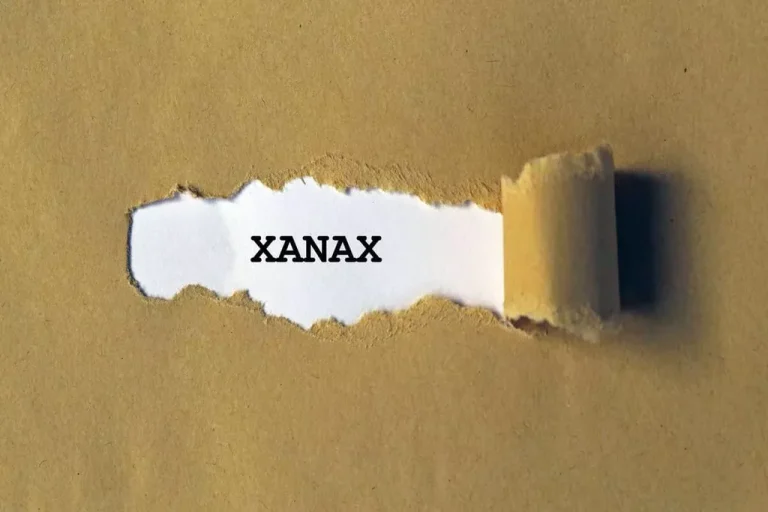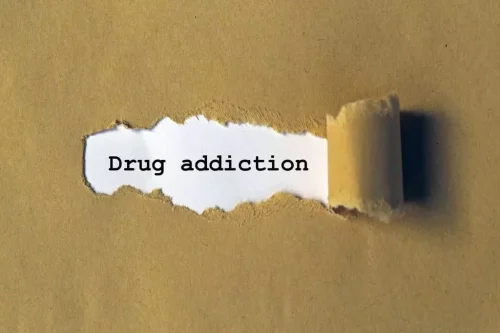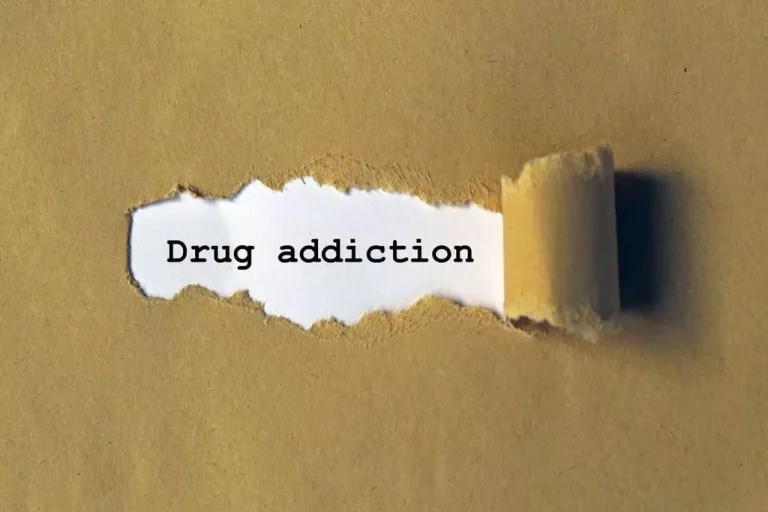
Sneezing after drinking beer can be caused by a variety of factors, including alcohol intolerance, allergies, or sensitivity to specific ingredients in beer. Alcohol intolerance is a genetic condition where the body struggles to break down alcohol efficiently, leading to symptoms such as a stuffy or runny nose. Allergies to ingredients in beer, such as grains, preservatives, or histamines, can also trigger allergic reactions, including sneezing. Additionally, sensitivity to specific ingredients in beer, such as wheat or barley, may be the culprit. Understanding the underlying cause of sneezing after drinking beer can help individuals manage their symptoms effectively.
Prevention
If any of this sounds familiar to you, you might be sensitive to one of wine’s many components. The good news is that once you identify the triggers, there are ways to reduce or even prevent these reactions, without having to ditch wine altogether. It can cause dehydration, leading to thicker mucus and sinus congestion. Certain alcoholic beverages, like red wine or beer, may contain histamines and sulfites, which can exacerbate sinus issues, trigger inflammation, and increase sensitivity to allergens.
- These problems make it difficult for the body to break down alcohol properly.
- Allergic reactions to beer can manifest as abdominal pain and bloating, chest tightness, hives, wheezing, and chest pain.
- Some people find that when they drink alcohol, they experience sneezing and nasal congestion.
- In conclusion, the exact reasons behind why some people sneeze after drinking alcohol are not definitively known.
What Effect Does Alcohol Have on Asthma?
- If stuffy nose is accompanied with bleeding form nose, consult your physician immediately.
- This subreddit is a place to motivate each other to control or stop drinking.
- In addition, some people find that the alcohol in these drinks irritates their nose, leading to sneezing.
- Epsom salt baths may help with sulphite sensitivity over time, as well as a mineral called molybdenum which can be taken as a supplement.
- If you’re allergic to alcohol, you may experience hives, itching, swelling, difficulty breathing, and wheezing.
First, some people have lower levels of the enzymes the body needs to break alcohol (ethanol) into metabolites that it can process and excrete. When byproducts of alcohol don’t get broken down quickly enough, they accumulate to levels high enough to cause a mild allergic reaction. Some people find that when they drink alcohol, they experience sneezing and nasal congestion. However, the sneezing caused by drinking beer could also be due to an interaction between beer or alcohol and any medication you’re taking.
- When certain nerves in the nose are stimulated by an irritant, a message is sent to the brain to get the gunk out ASAP.
- We use a pharmacist-formulated blend of Quercetin, Bromelain, Dihydromyricetin, Cysteine, L-Theanine, & B Vitamins to stop alcohol flushing before it can begin.
- While they may seem similar, alcohol allergy and alcohol intolerance are distinct conditions.
- A few alcohols are less likely to trigger symptoms in people with alcohol intolerance.
- Additionally, it is advisable to refrain from further alcohol consumption for the day to prevent exacerbating symptoms.
- Rarely, severe pain after drinking alcohol is a sign of a more serious disorder, such as Hodgkin’s lymphoma.
Alcohol Allergy vs. Alcohol Intolerance
Symptoms of histamine intolerance can include sneezing, hives, headaches, nausea, and digestive issues—similar to a common allergic response. Drinking alcohol with allergies may increase symptom severity, as alcohol can cause blood vessels to expand, leading to nasal congestion. It may also interact negatively with allergy medications, causing drowsiness, dizziness, or more serious side effects. Histamine intolerance can be managed by taking antihistamines, which help the body process the excess histamine. However, it is important to choose non-drowsy antihistamines, especially if planning to continue daily activities. Additionally, it is advisable to refrain from further alcohol consumption for the day to prevent exacerbating symptoms.
Why am I sick every time I drink?
Histamines are chemicals your body produces during an allergic reaction. Additionally, certain types of alcohol can trigger a reaction to wheat, grapes, or other allergens they contain. While they may seem similar, alcohol allergy and alcohol intolerance are distinct conditions.

Asthmatics, for example, are at an increased risk of having a reaction to sulfite-containing food. People with certain health conditions could experience more serious side effects from stopping a sneeze. Drinking plenty of water, limiting and slowing down alcohol Sober living house consumption, and eating before drinking can help to reduce the vasodilation effects of alcohol. Now I probably only hit that 3-4 drink threshold once every couple weeks, but if I do I’m guaranteed to have a sneezing fit. Once I’ve had about 3-4 units of alcohol I sneeze uncontrollably for a couple minutes and then I’m fine. If you find that warm drinks make you sneeze, try chilling them before you drink them.
What’s the deal with wine sneezes?

This will help to reduce the number of histamines in your system and make it less likely that they’ll trigger a sneeze. Mixed drinks containing any of the ingredients mentioned earlier are also likely to cause sneezing. If you’re allergic to any of the ingredients in a mixed drink, you may want to avoid it. Spirits such as vodka and gin can also cause sneezing due to the presence of histamines. In addition, some people find that the alcohol in these drinks irritates their nose, leading to sneezing. Another reason why alcohol can cause wheezing is that it not only contains histamines but also stimulates the alcohol sneezing fit body to release excess histamines, causing an inflammatory response.

Subscribe to Wyndly emails for allergy care education & occasional promotions.
Lowering your risk of asthma and allergy symptoms involves proactive management of your health and environment. This includes regular use of prescribed medication, avoiding known triggers, and maintaining a healthy lifestyle. If you are experiencing mild symptoms, you can try taking an antihistamine before drinking beer. Beer, brown liquor, and cider contain the highest levels of sulfites among alcoholic beverages. Sulfites are also found in wine, where they occur naturally as a result of the fermentation process.